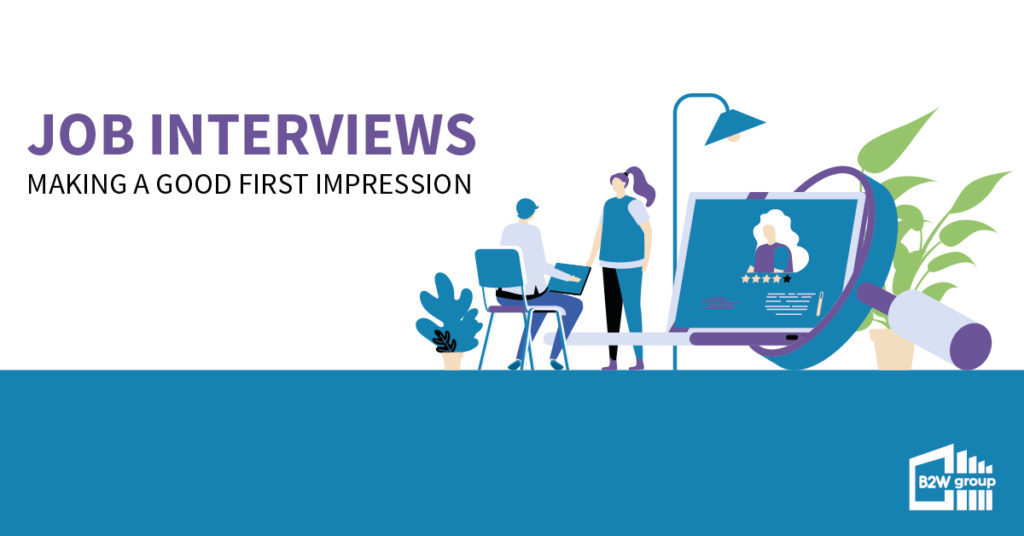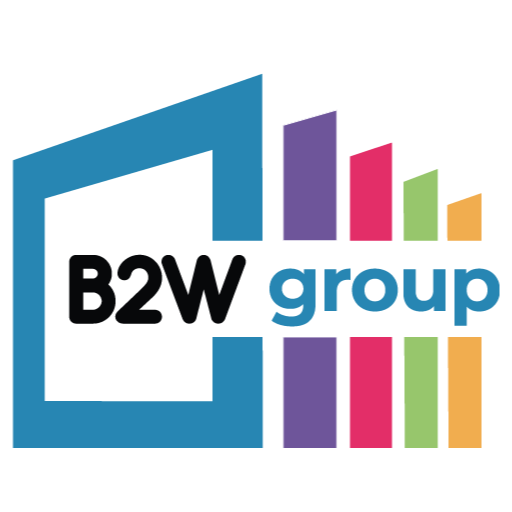It’s important to be prepared for your interview. Whilst we can’t predict everything that will be asked, a common question that comes up is “what is your biggest weakness?”. Often, it will be coupled with asking about your strengths, which is much easier to discuss. Biggest weaknesses however, can be tricky, as you want to answer it in a way that the employer knows you can recognise areas of improvement, but also still think you’re suitable for the position you applied for.
Why do they ask this question?
Hiring managers like to see how you would perform in a difficult situation. This question puts you on the spot and tests your ability to answer confidently and effectively.
They also want to better understand your character and honesty. Interviewers want to know that you can acknowledge and admit to your weaknesses and that you are willing to continuously improve on them.
Recognise your strengths and weaknesses
The first thing you should do is think about what your strengths and weaknesses are and write them down. This could help you come up with a suitable answer to the tricky question.
Create a table and write down what you think you’re good at and what needs improvement. Here’s an example below:
| Strengths | Weaknesses |
| Time management Prioritising Team working Attention to detail | I could use more experience in…[subject] Taking on too much responsibility No confidence |
Once you understand your weaknesses, you need to decide which would be most suitable to answer the question. ‘No confidence’ or ‘taking on too much responsibility’ may be a bad answer, as most employers look for confidence in a person and task management is an important trait for any role.
‘I could use more experience in..’ would be a great answer. This shows that you’re willing to expand your knowledge to benefit your job role. Look at the job description that you’re interviewing for, they will often include ‘desired but not essential’ points which are great to use with this answer. Especially when the company say they will offer training for it. No one expects you to know everything, and companies know that they will have to compromise.
Don’t use cliches
Avoid using typical answers such as ‘I’m too much of a perfectionist’. The hiring manager has likely heard this many times before and it will make you look like you’ve just searched the internet for a simple answer to use.
Use less important weaknesses
You don’t want to use weaknesses that the employer thinks will negatively affect the role. Using less important weaknesses will provide you with a higher chance of getting the role, because it will have less impact. For example, if you were applying for a role of a receptionist, customer service would be vital. Whereas if you were applying for a role in warehousing, customer service wouldn’t be as important.
Make sure your weakness can be worked on
Don’t give an example that can’t be improved, such as bad attendance. The company won’t be able to help with that so won’t see you as a suitable candidate. If your example is knowledge based, they will be able to train you up. If it’s a certain skill set, they will be able to provide you with experience in that area.
Don’t name too many
It’s great that you’re honest with them, but don’t go listing your weaknesses. One will be enough to answer the question as long as you expand on it. It wouldn’t give a great impression if you’re providing more weaknesses than strengths.
Further Reading
Want to ensure you’re interview-ready? Check out our other article on making a good first impression 👇

Build your cv and ace your interview
Interested in a career in digital but don’t have the experience or skillset? The B2W Group offer a funded 3-week ‘Introduction to Digital Technologies’ course in Manchester and Rotherham covering digital marketing, IT, and employability modules. It doesn’t come at any cost to you and will provide you with a qualification and open you up to great opportunities.

